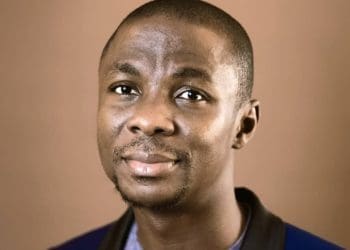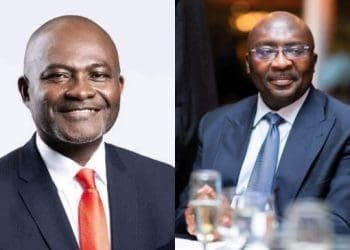Have several distinguished individuals, including politicians, not been given doctoral honours? The following segment from my 2009 lecture addresses this.
Unpacking the influence of politics in academic honours—where power, recognition, and scholarship intersect.
“The degree Doctor of Philosophy, PhD, is often marked by a thesis or dissertation of the candidate’s authorship, which has been assessed as a distinguished contribution to knowledge.
For this and written exams, the candidate is given an authorised certificate bearing the seal or mark of the source institution.
Apart from academic work, a doctorate can also be earned as an honorary degree conferred by a University for distinguished contribution to knowledge or practice, or to society.
Indeed, an honorary degree or a degree honoris causa means in Latin ‘for the sake of honour.’
It is an academic degree for which the university (or other degree-awarding institution) has waived the usual academic requirements.
The degree is typically a doctorate, and may be awarded to someone who has no prior connection with the institution in question.
It is awarded as a way of honouring the individual’s contribution to a specific field, or to society in general.
Honorary degrees are often awarded at graduation ceremonies or at special events organised for the purpose, and it is done before the assembled faculty, accompanied by a citation.
In a few cases, the event is organised privately, such as was done by the University of Ghana for Nelson Mandela in 1999, and in 2008 for Docia Naki Kisseih, the first Ghanaian chief nursing officer.
Recipients in many universities wear the same academic dress as their academic counterparts. Honorary doctorate degrees include D. Sc (Doctor of Science), LLD (Doctor of Laws), and D.Litt. (Doctor of Letters).
Recipients of honorary doctorates may adopt the title of ‘Doctor’ as a titular prefix.
Written communications where an honorary degree has been awarded, however, often include the letter h.c. (honoris causa) to mark the status; for example, Dr h.c. Koo Hia.
One may also add the degree title after the name, but it is always made clear that the degree is honorary, by adding h.c. in parentheses after the degree title; for example,‘Koo Hia, DLitt. h. c.,’ or Koo Hia, DLitt, honoris causa.
As of 2009, when this lecture was delivered, the University of Ghana had awarded 86 honorary doctorates, 54 in the Doctor of Laws division, 17 in Doctor of Science, 14 in Doctor of Letters, and one in Doctor of Music.
The KNUST, in turn, had awarded 46 honorary degrees, 36 of which were Doctor of Science, two Doctor of Letters, three Doctor of Laws, and the rest honorary master’s degrees.
The University of Mines at Tarkwa had conferred five honorary degrees, four Doctor of Letters, and one Doctor of Science.
The University of Cape Coast had given 41 honorary doctorates, and while the University of Winneba had offered 14 honorary degrees, the University of Development Studies had awarded 12 doctoral degrees.
Several African heads of state have shown tacit admiration for intellectuals by accepting or lobbying for honorary academic degrees.
African heads of state who had honorary degrees include Dr Kwame Nkrumah, who was so honoured by Lincoln University; his own doctoral thesis was never submitted.
In 2004, the University of Cape Coast awarded an honorary doctorate to President Kufuor, who has since been awarded more honorary degrees.
In 2005, when the University of Development Studies nominated President Rawlings for an honorary doctorate degree, a controversy occurred, leading to the indefinite suspension of the award ceremony.
The special occasion, which had been scheduled for March 19th 2005, however, was called off at the eleventh hour, on the directive of the Chairman of UDS Council, flimsily citing security reasons.
It was conjectured that the aborted event was politically motivated. But President Rawlings had at least two honorary doctorate degrees, one from Medgar Evert College, and the other from Lincoln
No Ghanaian head of state, except Kwame Nkrumah, actively used the honorary doctorate title as a prefix; neither President Kufuor nor President Rawlings overtly used the title.
Ideally, honorary degrees are conferred on deserving heads of state by state-owned universities in their own countries only after the political leaders have left office in order to avoid any impression of coercion or subtle political influence.
In the 1960s, the University of Ghana learnt its lessons, giving honorary doctorates to General Akwasi Amankwah Afrifa and John William Harlley, both members of the National Liberation Council that overthrew Kwame Nkrumah.
Even though the honorary awards were given in 1970 when the two had left office, critics considered the honours as a ‘big thank you for overthrowing Kwame Nkrumah.’
Dr Kofi Busia, already a PhD, was honoured with a doctorate, DLitt, in 1970 while he was in office.
In an era of coup d’etats, the University of Ghana perhaps quickly did the honours in anticipation of any tragic inte
My next post sums up general impressions about genuine degree holders and their fake counterparts.
By Kwesi Yankah
kyankah@ashesi.edu.gh














